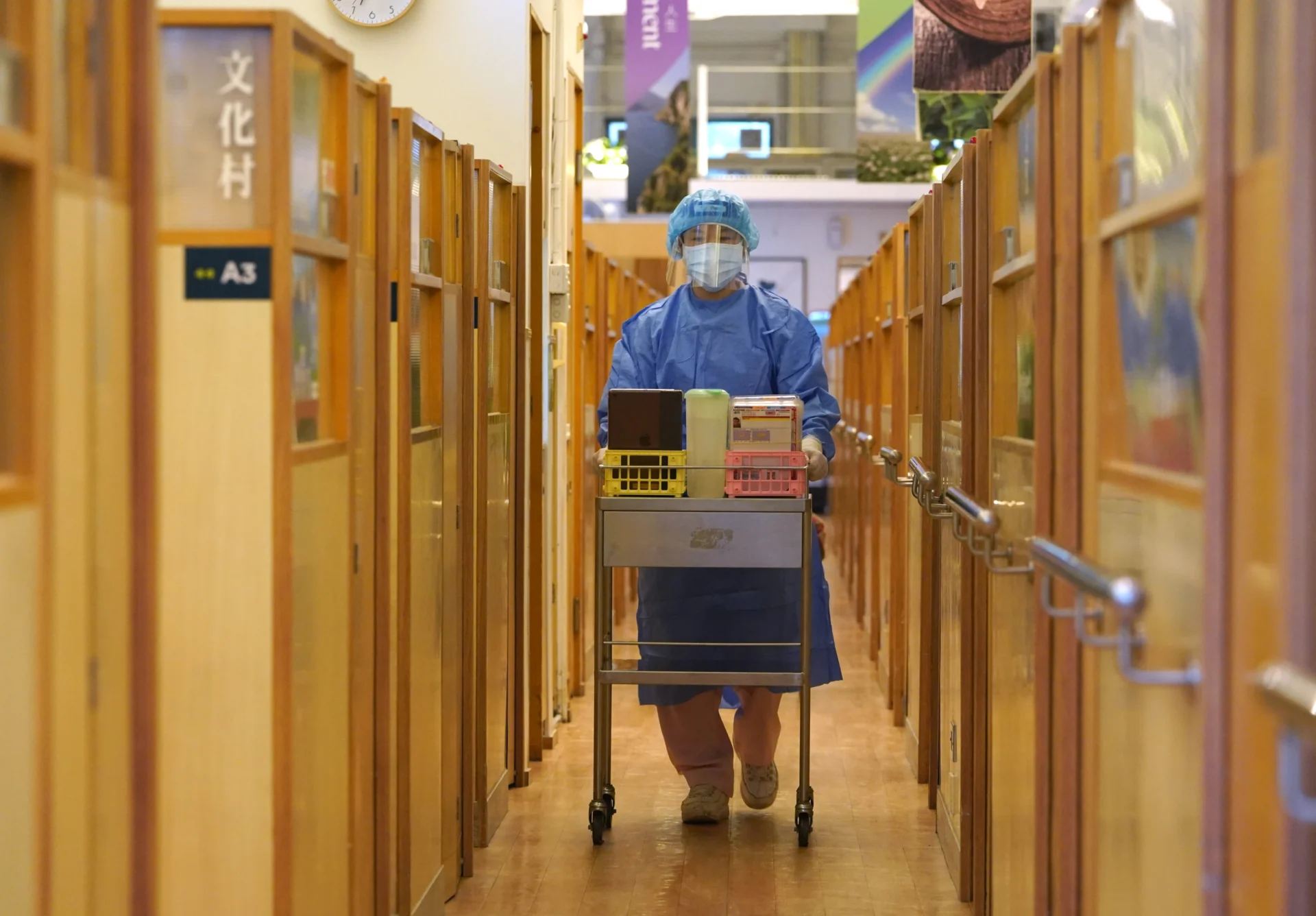The devastating effect of the Covid-19 pandemic on Hong Kong’s private elderly-care homes is still profoundly felt by owners and staff alike. These establishments saw thousands of their aged residents succumb to the virus, a painful memory that continues to linger in the hearts of many. In coping with this trauma, there is a shared determination to learn, improve, and prevent a similar tragedy from recurring.
Among the hardest hit during the pandemic were Hong Kong’s private care homes, which served as temporary residences for the elderly awaiting admission to government-subsidised homes. These facilities experienced a significant decline in occupancy as the virus claimed over 5,000 unvaccinated elderly lives, many of whom were residents in these homes. Consequently, a shift in preference emerged among the elderly, with many now choosing to age in place within their own homes.
In response to these changes, some care homes, like Culture Homes, have adapted their business models. They shifted focus towards constructing new senior communities with enhanced privacy, improved infection control, and a focus on specialised care for conditions like dementia.
These establishments were caught off guard during the pandemic’s peak, with a lack of essential protective equipment and overloaded hospitals. The virus quickly spread within the homes, most of which used partitions instead of walls, an arrangement that proved conducive to airborne transmission of the virus. This has led to a reconsideration of the architectural design of these homes.
The family-run nature of the majority of Hong Kong’s private elderly-care homes, combined with the need to adhere to new post-pandemic government regulations, has added to the challenges. These regulations, aimed at improving living conditions, require larger floor spaces per resident, increased staff-to-resident ratios, and a resident nurse in every home. While operators are willing to comply, the dearth of nursing staff remains a pressing issue.
In an effort to document the ordeal and honour the unwavering dedication of care home staff, Stephanie Law wrote “Strive Unremittingly During Covid – True Stories of Elderly Homes Fighting Covid”. The book serves as a record of those dark weeks, offering a cathartic outlet and recognising the sacrifices made by the staff.
Despite the significant challenges, the industry is not without its glimmers of hope. Facilities like GranYet’s newly opened home in Fanling provide evidence of the sector’s resilience. This modern, spacious facility is designed to enhance recreational and exercise opportunities for residents, signaling a positive change and underscoring the determination of these care homes to continue improving the quality of life for the elderly in their care.
READ MORE:
